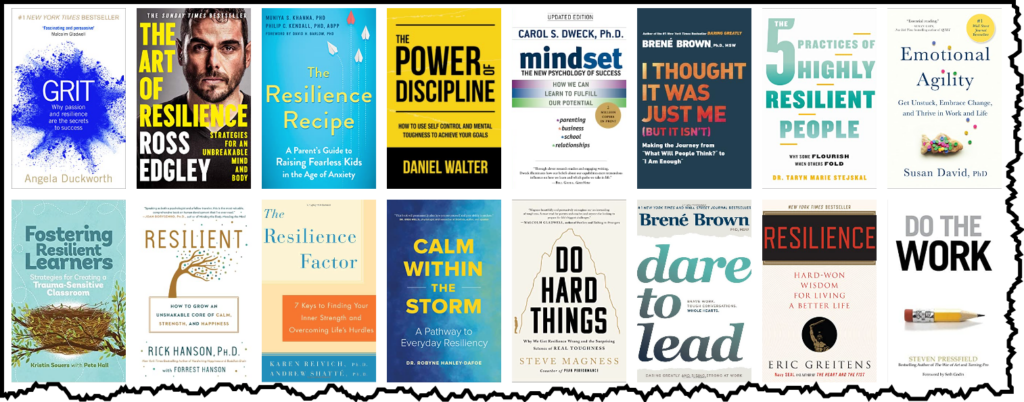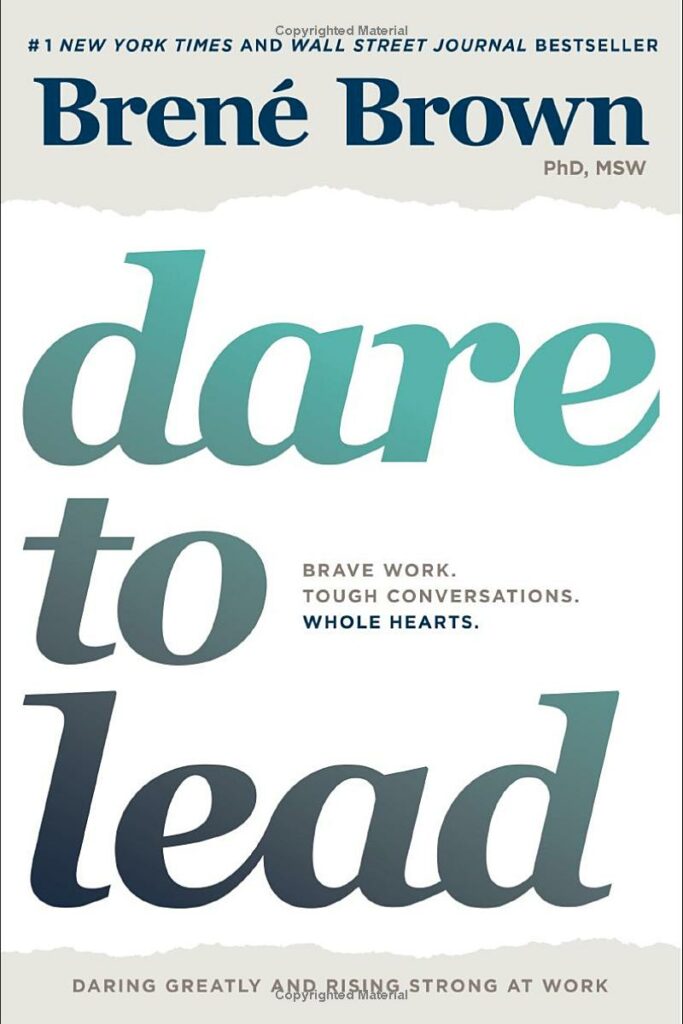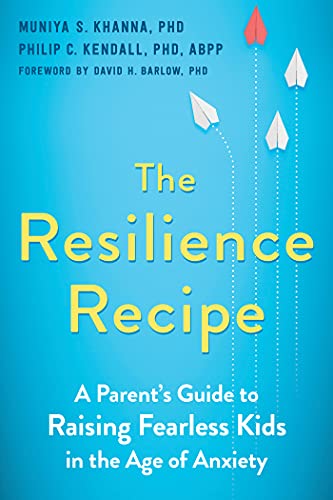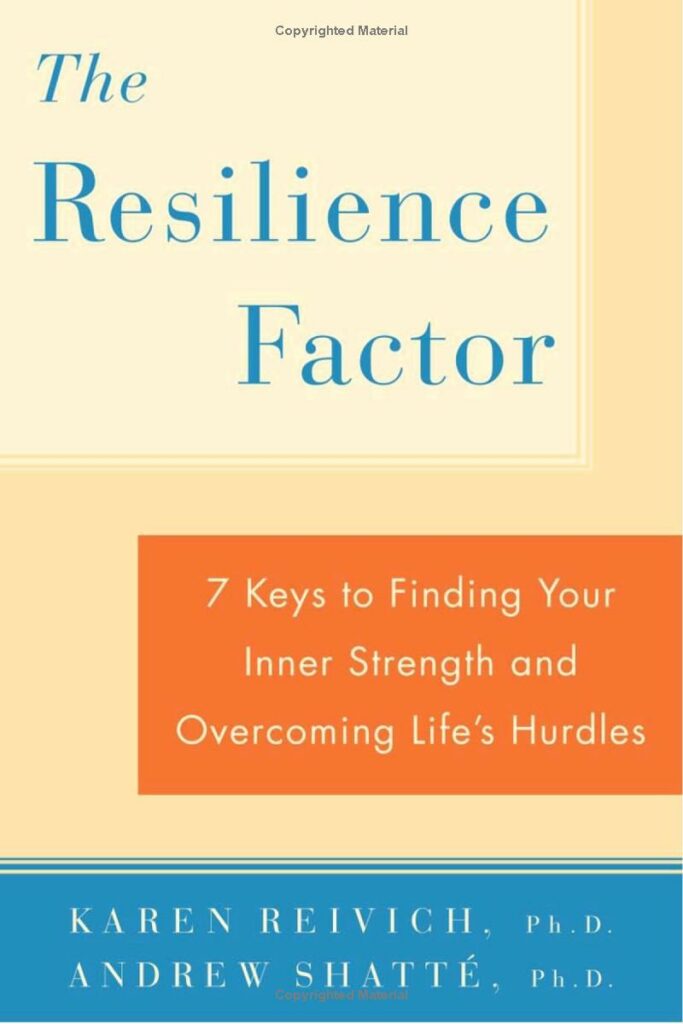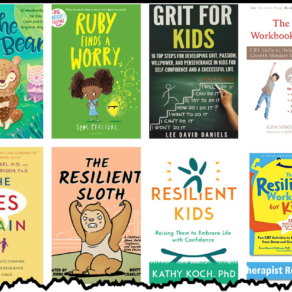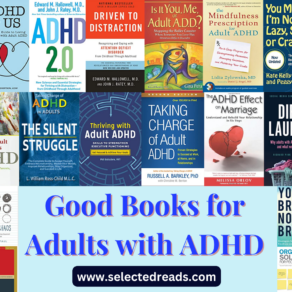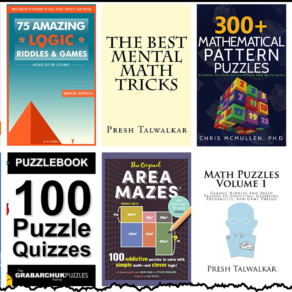Resilience books for adults is the topic of our blog post today!
Over the years, both in my classroom teaching days and now in my research, I’ve seen the transformative power of resilience. But what really sparked my curiosity is how this skill can be nurtured and developed.
That’s why I’ve been digging deep into the literature, scrutinizing studies, and pulling from my own treasure trove of classroom and life experiences to bring you this curated list of must-read resilience books for adults.
And hey, if you’ve got kids or young learners in your life, don’t forget to hop over to my other post featuring resilience books for kids. Because resilience, like wisdom, is best when shared.
Resilience Books for Adults
Here are our top picks for resilience books for adults:
1. Do the Work, by Steven Pressfield
Here, Pressfield addresses the nemesis of every creative endeavor: Resistance. Having struggled with my own projects—be it educational research or curriculum development—I found Pressfield’s straightforward approach to overcoming hurdles incredibly relatable. He turns the abstract concept of ‘doing the work’ into a tactile, actionable plan.
2. Resilience: Hard-Won Wisdom for Living a Better Life, by Eric Greitens Navy SEAL
In this heartfelt guide, Eric Greitens dives deep into the letters he shared with a former SEAL comrade who was struggling with PTSD. The book feels like a compassionate mentor guiding you through a rough patch, blending personal anecdotes with ancient and modern wisdom. What resonates with me is Greitens’ focus on real-world, actionable steps—from practicing compassion to finding a vocation—that anyone can take to build resilience.
3. Dare to Lead, by Brené Brown
Ah, Brené Brown! Always a fan-favorite for educators like us. While “Dare to Lead” is primarily aimed at leadership, its core principles align closely with resilience. In a world where AI and machines threaten our professional roles, Brown argues that traits like empathy, connection, and courage are the human edge. The book doesn’t give you easy answers but encourages you to ask the right questions—a practice I’ve found extremely useful in my teaching journey.
4. The Art of Resilience: Strategies for an Unbreakable Mind and Body by Ross Edgley
Ross Edgley is like the Indiana Jones of resilience. Seriously, this guy swam around Great Britain and lived with Yamabushi warrior monks! In “The Art of Resilience,” Edgley offers a deep dive into both physical and mental endurance, drawing from his extraordinary feats. If you’re the adventurous type or just enjoy pushing your limits, this book is your blueprint to becoming, as Edgley puts it, “an unbreakable human.”
5. The Resilience Recipe, by Muniya S. Khanna and Philip C. Kendall
This one hits close to home. With today’s kids facing a myriad of challenges—climate change, academic pressures, and social media’s emotional toll, to name a few—”The Resilience Recipe” offers parents a much-needed roadmap. The book is grounded in Cognitive Behavioral Therapy (CBT), which I’ve seen have transformative impacts in educational settings. Not just a tool for kids, this book is also a great resource for adults looking to manage their own anxiety.
6. Grit, by Angela Duckworth
Grit is Angela Duckworth’s magnum opus that dives into how perseverance and passion trump talent. The book gives multiple real-world examples and academic studies to prove that grit can be a stronger predictor of success. I found this notion aligns well with my own classroom experiences; it was often the most determined, not necessarily the most gifted, who achieved the most.
For more on this book, check out this extended summary of Grit.
7. Do Hard Things, by Steve Magness
Steve Magness takes a different approach to resilience, challenging conventional wisdom and remapping it with the latest science and psychology. With pillars like “Ditch the Façade, Embrace Reality,” this book explores resilience from a raw, unfiltered perspective.
My years in the classroom taught me that kids need more than just a “you can do it” pep talk; they need practical, real-world strategies for facing life’s challenges, which this book offers.
8. The 5 Practices of Highly Resilient People, by Dr. Taryn Marie Stejskal
Here, resilience is dissected into five behaviors that can be learned and cultivated. It’s like a counter-argument to the belief that resilience is something innate. Dr. Taryn Marie’s research-focused approach ties back to my own work in educational research, where evidence-based practices are key. This book offers an empirically backed roadmap for building resilience.
9. Emotional Agility, by Susan David
Susan David’s work is revolutionary in terms of emotional intelligence. Emotional agility, as she calls it, is about navigating the convoluted paths of our inner world with grace.
I find her work particularly relevant today when mental well-being has become just as important as physical health. If you’re like me, someone deeply invested in self-growth and mental wellness, you’ll find this book incredibly enlightening.
What all these books have in common is the urge to challenge our preconceived notions about resilience, leadership, and emotional well-being. They offer multifaceted perspectives and practical advice that resonate with my own experiences in the educational field. Whether you’re leading a classroom, a board meeting, or your own life, these reads equip you with the tools you need to face challenges head-on.
For more on this book, check out this extended summary of emotional agility.
10. Fostering Resilient Learners, by Kristin Souers and Pete Hall
This book should be mandatory reading for all teachers, in my opinion. It addresses the ever-present issue of childhood trauma and its impact on learning. I’ve written about this on my blog, Educators Technology, as I feel it’s a topic that needs more exposure. The hands-on strategies here align well with my own belief in strengths-based teaching, where the focus is on what students can do rather than what they can’t.
11. Resilient: How to Grow an Unshakable Core of Calm, Strength, and Happiness, by Rick Hanson PhD and Forrest Hanson
This is more than just a self-help book; it’s a manual for life. The neuroscience-backed techniques are both credible and accessible. In a world where emotional well-being is often secondary to academic achievement, this book serves as a vital resource.
12. The Resilience Factor, by Karen Reivich and Andrew Shatte Ph.D.
This book builds on the idea that resilience is a skill that can be developed. As a researcher, I find their evidence-based approach compelling. They’ve managed to take complex psychological theories and break them down into digestible, actionable items. Plus, the Resilience Questionnaire adds an interactive layer that I think would be valuable for educators.
13. Mindset: The New Psychology of Success, by Carol S. Dweck
Carol Dweck delves into how our mindset shapes every facet of our lives. Her theory on ‘fixed’ versus ‘growth’ mindset is groundbreaking and has real-world implications. I’ve recommended this to teachers looking to foster a growth mindset in their classrooms, and the transformations have been, for lack of a better term, mind-blowing.
14. I Thought It Was Just Me, by Brené Brown
Brené Brown is the guru of vulnerability. This book shook me because it reminded me that being ‘imperfect’ isn’t just okay; it’s human. Having struggled with my own pursuit of ‘perfection’ in academic and professional settings, Brown’s message was a much-needed reality check.
15. Calm Within the Storm: A Pathway to Everyday Resiliency, by Robyne Hanley-Dafoe
Dr. Robyne is a breath of fresh air in the dialogue about resilience. The book moves away from the “fight harder, be tougher” mantra to a gentler, more sustainable approach. As someone who has seen the effects of stress and burnout in educational settings, this kinder approach to resilience is not only refreshing but absolutely necessary.
16. The Power of Discipline, by Daniel Walter
In “The Power of Discipline” by Daniel Walter, the focus isn’t just on the importance of self-discipline, but on how to practically cultivate it as a learned skill. Walter argues that discipline is the bedrock on which all success is built, not just raw talent or positive affirmations.
Drawing from scientific insights and the wisdom of the Navy SEALs and Zen Buddhists, the book offers actionable strategies to help readers break their self-imposed limitations and chart a course towards their goals. Whether it’s ditching bad habits or keeping the momentum when motivation wanes, this book is a comprehensive guide to becoming an unstoppable force in your own life.
Final thoughts
In wrapping this up, let’s be real—resilience isn’t a one-and-done deal; it’s a lifelong journey. And sometimes, that journey is less about muscling through adversity and more about understanding ourselves, cultivating emotional intelligence, and finding balance in an unbalanced world.
The eight books I’ve laid out here have been instrumental in my own understanding of resilience, both as an educational researcher and a lifelong learner. So, don’t just skim through these reads—dive in, highlight the heck out of them, and then apply those newfound perspectives to your own life.



